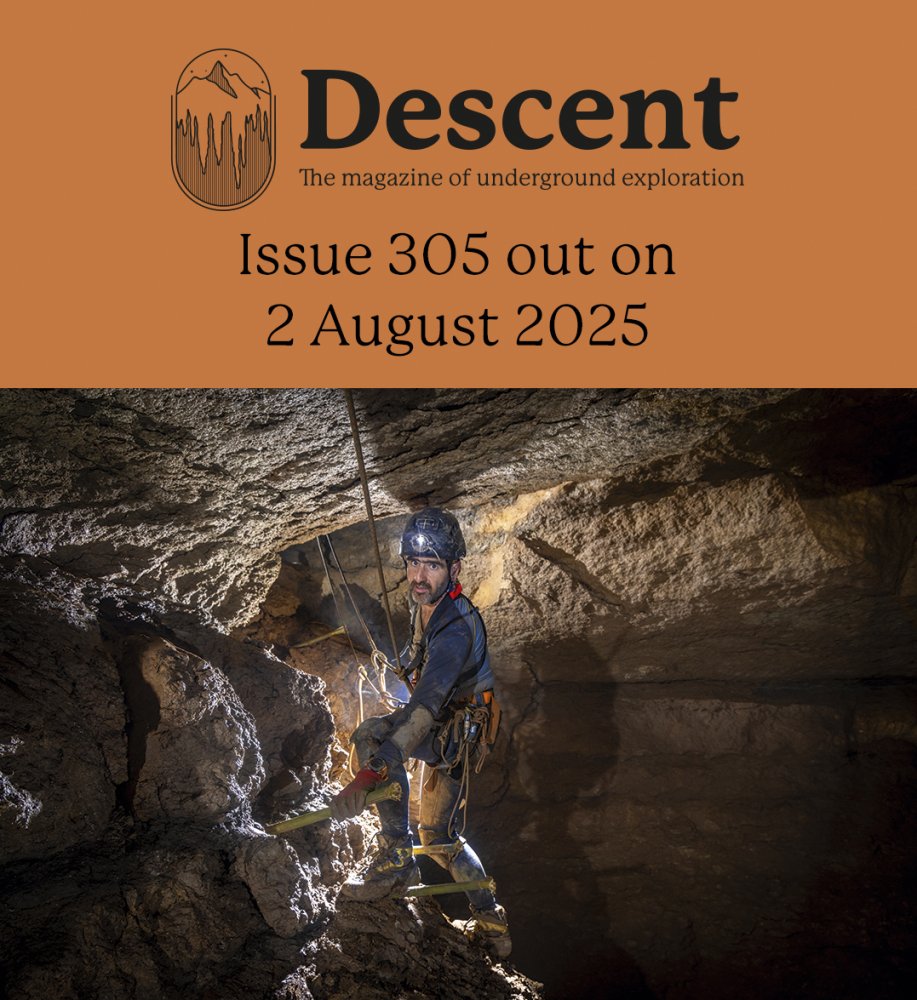kay said:
PeteHall said:
I installed a log burner about 5 or 6 years ago. I can't remember what I spent, but it wasn't a lot and I had it all sorted over a weekend. I even got the building control officer out to sign it off. I scavenge wood from highway verges (always keep a chainsaw on the car if it's been windy), so my fuel source is virtually free.
It warms me up once when I gather it and again when I cut and split it, so by the time it goes in the fire, it's warmed me three times for free.

There's a lot of talk about banning woodburners because of the pollution. Are you confident that you'll continue to be able to use it in the future?
I agree that wood burning stoves can be fairly polluting
when not used correctly. In particular, wood with a very low moisture content should be used (either properly [and recently] kiln dried, or
properly seasoned (ideally at least 2 years). Really dry wood is a delight to use; it burns really hot, ignites almost immediately and produces hardly any smoke.
There are also other important considerations such as ensuring sufficient air is being allowed in and having the flue pipe professiionally cleaned regularly (which makes sense for other reasons).
Stoves have other less tangible environmental benefits. For example mine always has a half gallon farmhouse kettle on it. Hot water for making brews goes in the electric kettle from this, so far less electricity is used. Similarly, hot water for cooking veg etc comes from the farmhouse kettle. I'll often use hot water from the stove kettle directly to get washed & shaved in a morning - or for washing up in the sink after a meal. (No, I aint got one of these machines for washing the dishes, so no carbon footprint from that.) So the woodburner greatly reduces carbon footprint of many other appliances in the house.
I installed a wood burner because we get power cuts fairly often. So central heating doesn't work - and obviously electric heating isn't possible. During Storm Arwen, for example, I was without power for 2 days. It was bitterly cold and I'm sure I'd have had several frozen pipes if it wasn't for the wood burner taking the chill off the whole house. (I'm quite happy just sticking extra fleeces on, with wooly hat, gloves and a buff to keep warm - but this does nowt for vulnerable pipes.) I know an elderly resident of Clapham who had no power for a week in the wake of Storm Arwen. She's far from young and, without her wood burner, could easily have died of hypothermia.
The answer, perhaps, is to find a way to educate wood burning stove users - not ban stoves outright. Especially for vulnerable households in out of the way places who are low on the priority list for getting power back on in extreme weather. Unlike most alternatives, a wood burner has zero carbon footprint - if scrounged wood is seasoned, you get the energy out by burning it; if it's left to decompose the carbon dioxide still goes into the atmosphere due to bacterial and fungal respiration - and all the energy locked up in the wood is wasted.
Could it be that the government is not in favour of wood burners because they can't have any tax grab from scrounged wood? :-\



